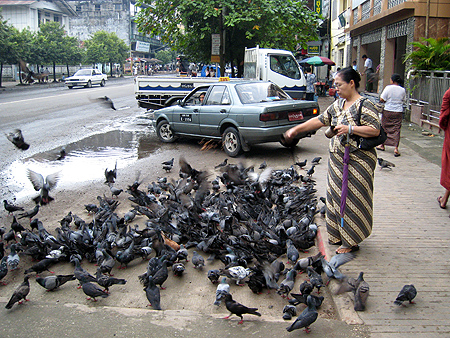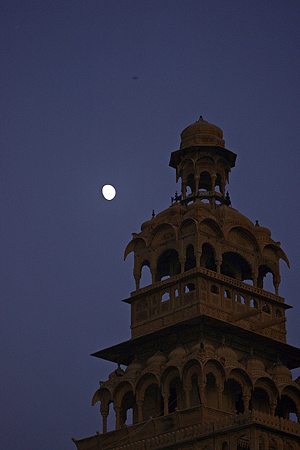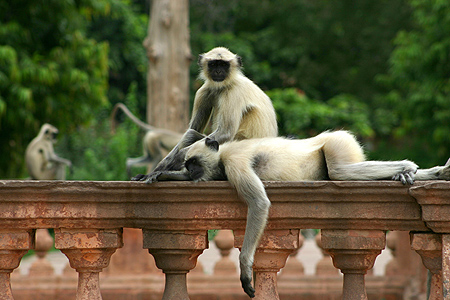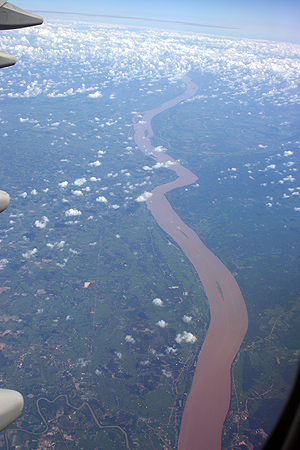
Max is a 3 year old herring with big eyes and funky teeth, and he's just been caught by some fisherman off the coast of China, and been brought to a fish market in Shanghai.
Max is still alive, which is surprising, as he's been out of water for over 2 hours. But Max comes from a long line of hearty fish, and he reckons he's still got a couple more hours before everything fades to black.
Max is actually pretending to be dead in this photo, and he's wearing that goofy smile in order to further that illusion. (Man, that Max sure does have some seriously funky teeth, he looks like a poster fish for the Invisalign company!
Max knows that if he even flinches or shows any sign of life, he'll be clubbed by one of the fish processing guys. And Max is saving the last bits of his strength so that he can be in a position to bite off one of his oppressors' fingers, or maybe 2 or 3 if he's lucky.
You see, Max was pretty happy before he got swept up in the fishermens' net. And while Max realizes that as a fish, he probably shouldn't be able to engage in any sort of cognitive analysis of his situation, he isn't ready to ditch his free will and become part of the food chain just yet. Unh-uh, not without a fight.
Max is a firm believer in the old saying, "He who laughs last laughs best", and I can almost hear him chuckling to himself as he prepares to relieve a fish processing guy of one of his fingers.






















